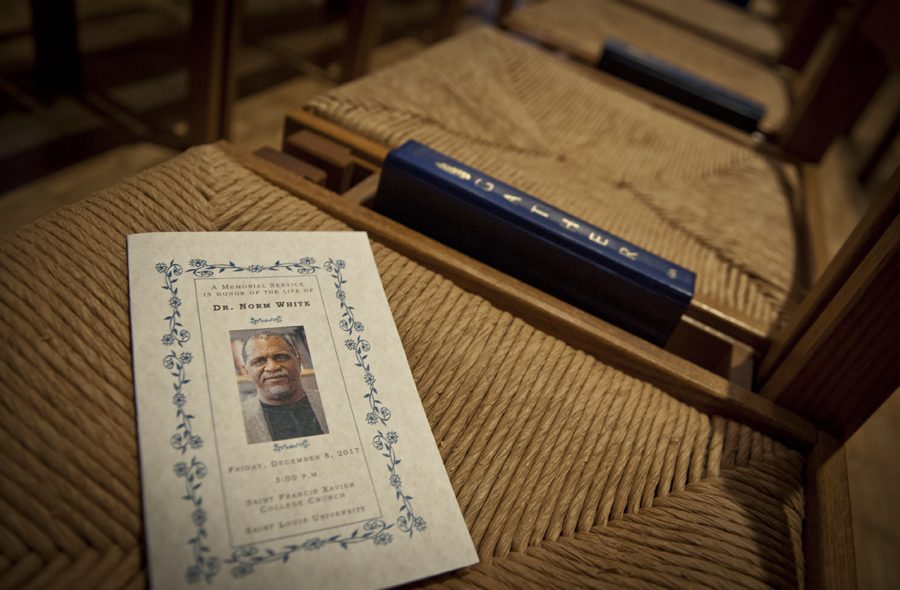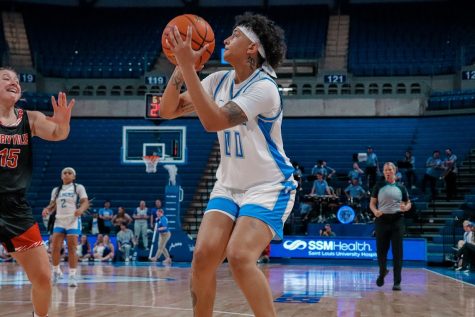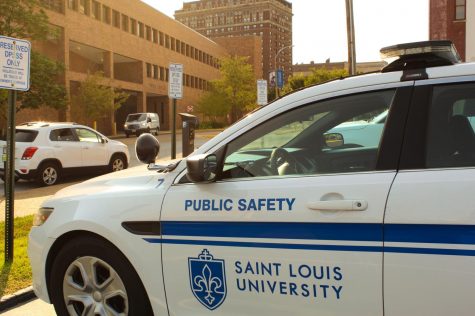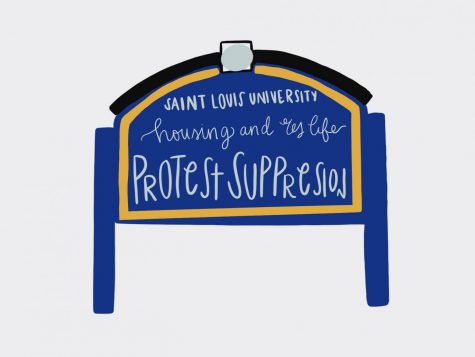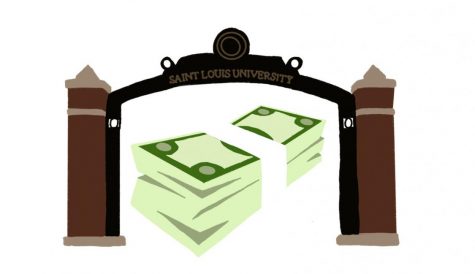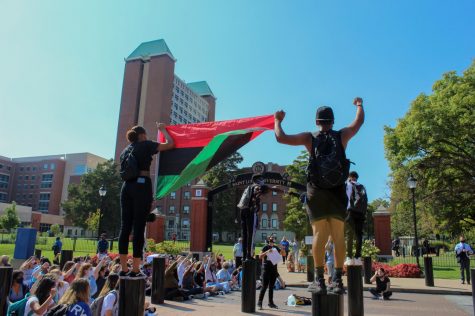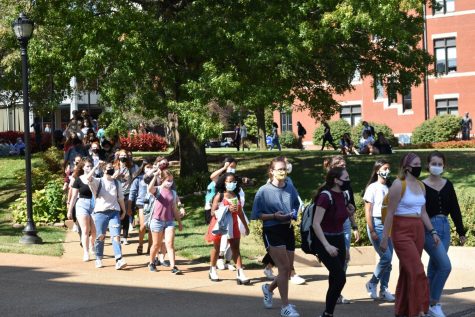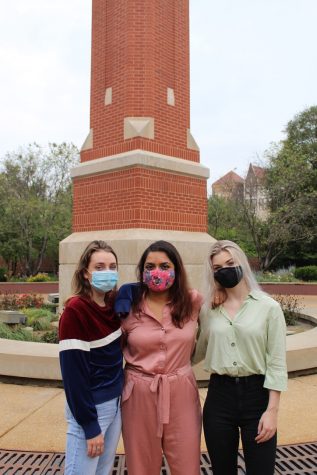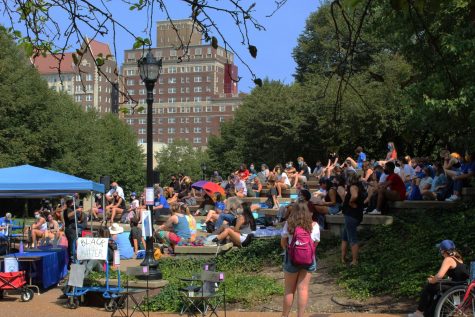The Man With the Dream
During a speech given the night before he died, Dr. Martin Luther King said, “Like anybody, I would like to live a long life. Longevity has its place. But I’m not concerned about that now. I just want to do God’s will.”
The last time I saw Dr. Norm White, he spoke to a class full of starry-eyed first-year African-American Studies students with righteous fervor reminiscent of Dr. King’s last speech. That day, Dr. White deviated from his planned lecture and instead, spoke about his purpose. He spoke about the kids he works with at Adams Elementary School. He detailed how the death of Michael Brown profoundly shifted his career and, more importantly, his life. As Dr. White talked about Michael, he began to tear up as he recounted the renewed mission he found during the Ferguson uprising. During his talk, Norm talked about the students who lived the mission and taught him to do the same.
Even though Norm called me his student, I never formally had him in a class. Most of Norm’s teaching never took place in a class, anyway. Norm taught through praxis. When I looked to my left or to my right at a direct action on campus or in the community, I was always confident I would eventually find Norm’s face. Through his work reforming schools and introducing trauma-informed pedagogical skills to classrooms, Norm practiced his abiding care for children and the next generation. Youth were at the center of Norm’s life. When we had the fortune of spending time together, Norm, though perpetually busy, would always stop and ask how I was doing, and he actually wanted to know. Norm cared about his students in a manner unlike any other faculty member I have ever come across during my time at SLU—those in his classes, and those of us who simply called him a friend.
During our final encounter, Norm shared stories about his deep spiritual beliefs and his steadfast hope that change is possible. He described how he felt angels were guiding his life, more than ever, towards his mission of bringing justice to society and to Black communities. He thanked the class for their attention and said he felt God brought him to that class to meet some of the next generation’s most significant change makers.
That speech, given just under a month before he unexpectedly died of a heart attack, illustrates who Norm was. Norm just wanted to do God’s will. Though I am devastated by his death, I am comforted by our final meeting. That day, Norm did what he did best—inspire. For those who had the pleasure of knowing Norm, you know how special he was. He cared enough about this broken world to sacrifice everything to change it. Norm took the Jesuit mandate to be “[people] for and with others” and truly set the world on fire.
When Dr. King spoke that fateful night, he shared that he was not scared of death or injury; he simply wanted to work for justice during his remaining time on this earth. Like Dr. King, Norm could not have known his time would come to an end, so soon after such a moving speech. For both men who were passionate about racial justice, life ended before they could realize their dream of an equitable society. Though they did not live long enough to see their work carried out, both men went to the mountaintop and saw the Promised Land. Now is not the time to despair. We must work for justice and liberation, just as Norm would have wanted. We must carry out Norm’s dream and make the Promised Land a reality.
Your donation will support the student journalists of Saint Louis University. Your contribution will help us cover our annual website hosting costs.


